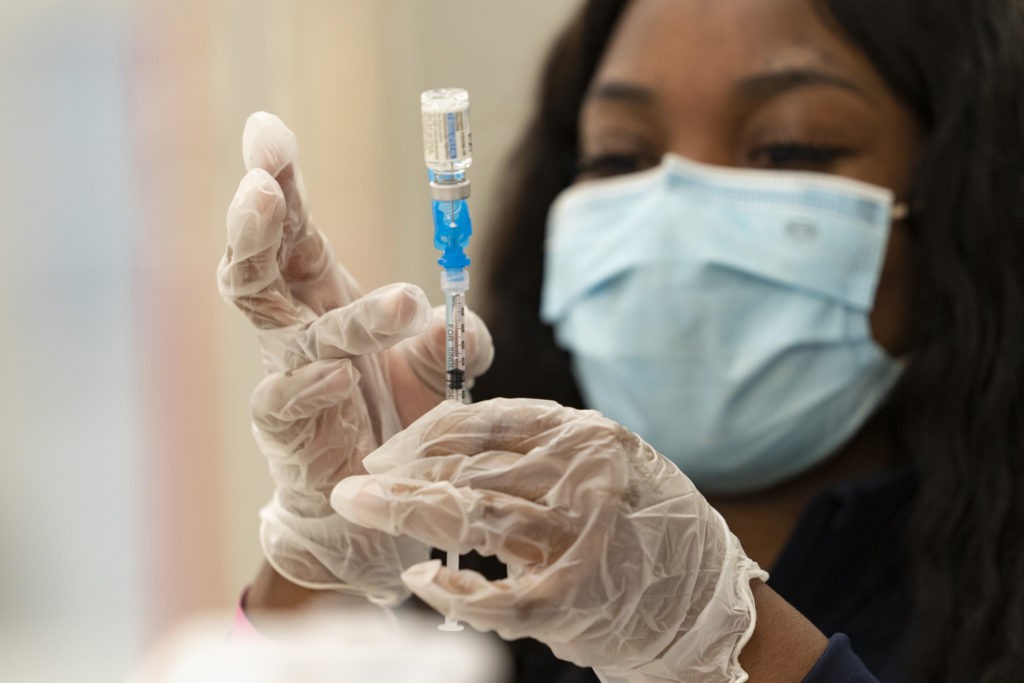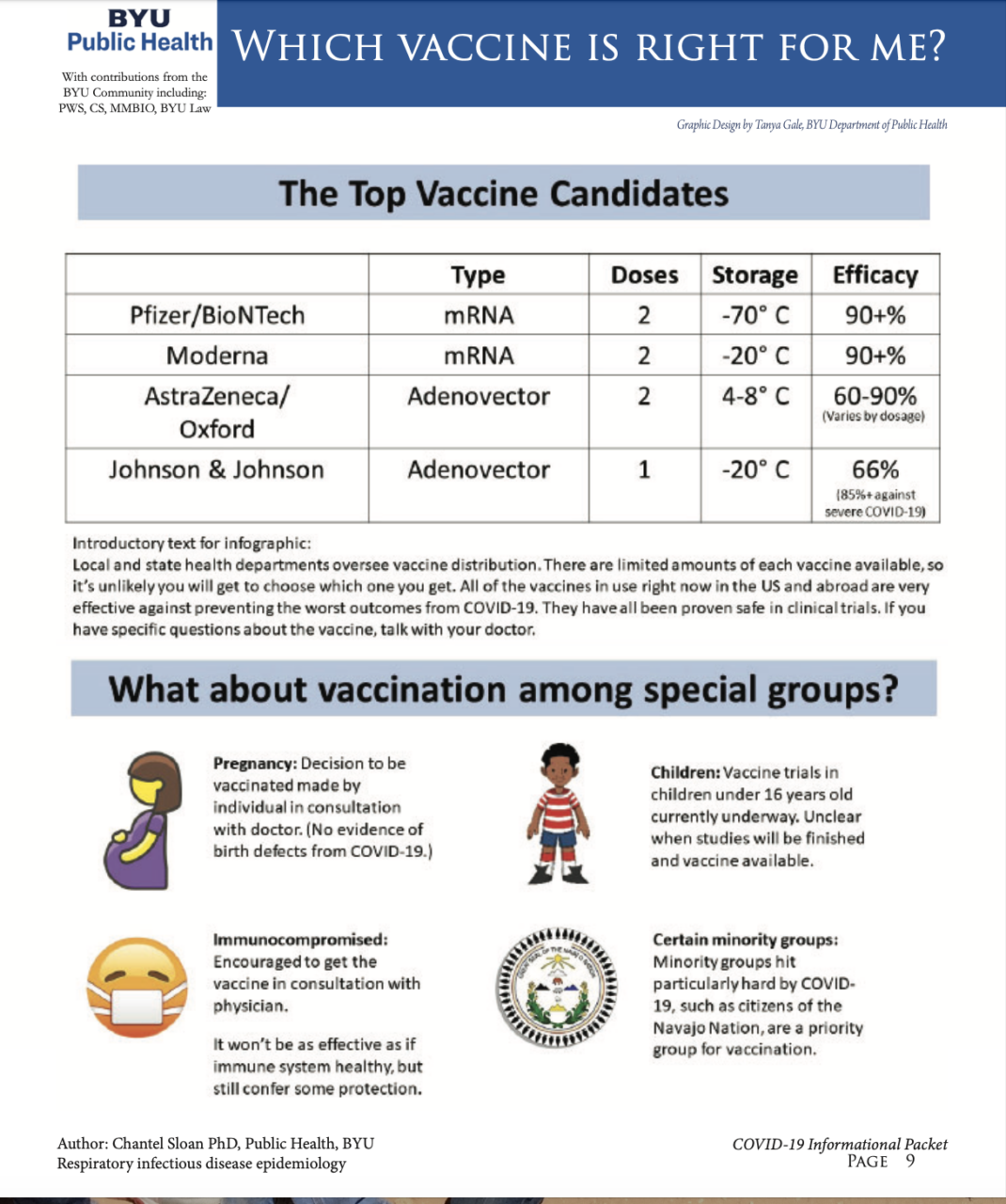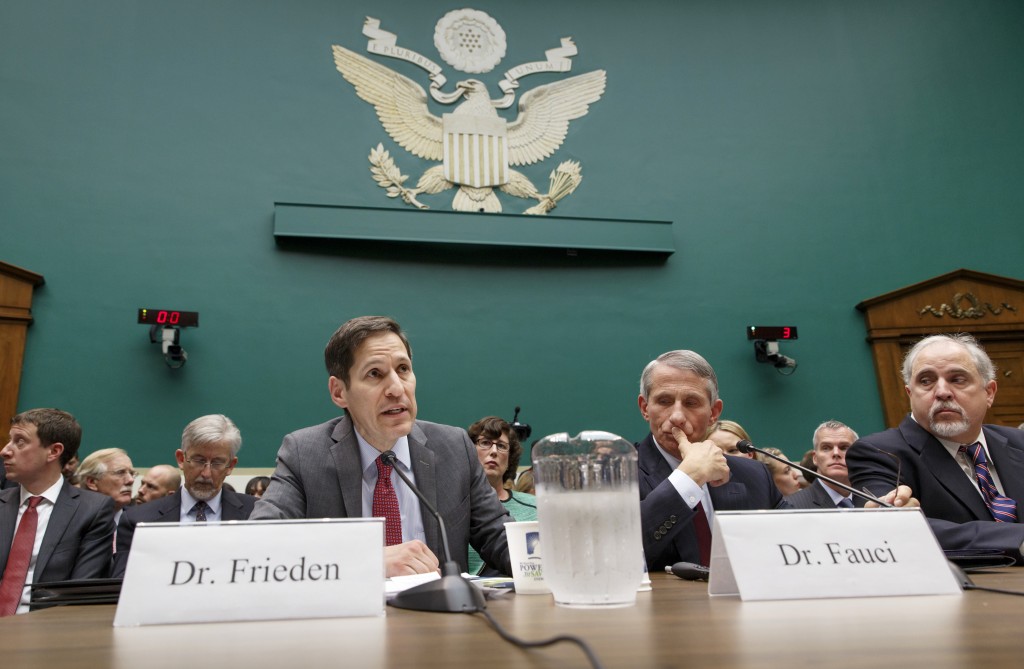As the COVID-19 pandemic becomes endemic, BYU professors look back at the COVID-19 response and the future of the disease.
Updated COVID-19 vaccines are still rolling out. These new boosters are designed to protect against strains of COVID-19 virus, but as perceptions of the pandemic change, people are thinking less about new COVID-19 strains according to Steve Thygerson, BYU public health professor and faculty advisor to the BYU Public Health Association.

The Nobel Assembly recently awarded the 2023 Prize in Physiology or Medicine to Katalin Karikó and Drew Weissman for their work in mRNA technology and its application in COVID-19 vaccines.
“The discoveries by the two Nobel Laureates were critical for developing effective mRNA vaccines against COVID-19 during the pandemic that began in early 2020,” the statement said.
Since 2020, several strains of the COVID-19 virus have appeared, including Omicron. New vaccines are designed to protect from severe side effects of Omicron variants.
The new COVID vaccine is monovalent, meaning there is only one strain included, XBB.1.5.. Previous vaccines were bivalent, which means two strains were added. The Novavax vaccine was approved by the FDA on Oct. 3.
Thygerson said in the field of Occupational Public Health, COVID-19 does not affect daily operations, but infectious diseases still need to be watched and understood.
“I would never say that our threat from infectious diseases is ever going to be over,” Thygerson said. “I think this is a big wake up call to what could actually happen. We should never forget the millions of people who died from COVID.”

According to Thygerson, the fact that COVID-19 is not as prominent in public conversation is a success for prevention efforts.
“It is a win for public health,” Thygerson said. “It wasn’t because we did nothing, it’s because we did something.”
Public health professor Chantel Sloan-Aagard noted COVID-19 has become endemic — or regularly occurring every year for the foreseeable future.
“(COVID-19) is evolving in ways that are less likely to cause death or chronic illness,” Sloan-Aagard said.
On Jan. 19, 2021, President Russell M. Nelson of The Church of Jesus Christ of Latter-day Saints received the first dose of the COVID-19 Vaccine. Eight months later, President Nelson and the First Presidency of the Church released a statement urging members to be vaccinated.
“To provide personal protection from such severe infections, we urge individuals to be vaccinated,” the statement said. “Available vaccines have proven to be both safe and effective. We can win this war if everyone will follow the wise and thoughtful recommendations of medical experts and government leaders.”
This statement preceeded BYU’s efforts to educate the student body about vaccines.
In September 2021, future BYU President Shane Reese held a Q&A where he discussed the statistics of COVID-19 vaccines. In his statement, he indicated 75% of the student body was fully vaccinated. This number jumped to 80% when partially vaccinated individuals were included.
Thygurson explained post COVID-19, majors in the public health department are more engaged.
“COVID-19 has definitely brought more awareness to what public health is,” Thygerson said.
Although increased awareness of public health is becoming normative, Sloan-Aagard pointed to lack of trust in institutions as one of the major dissuaders from getting vaccines.
“There was a lot of general distrust in multiple institutions at once,” Sloan-Aagard said. “From a public health perspective, focusing on the CDC, there were many lessons learned about how to disseminate information and how restrictions like mask-wearing are promoted.”
Humanizing institutions and recognizing although they are imperfect, they can do good for society is crucial, according to Sloan-Aagard.
“People are going to take the vaccines themselves,” Sloan-Aagard said. “That is important to remember. This isn’t some group behind a wall that no one can access. These people care very deeply about the safety and efficacy of any vaccine that comes out.”
Thygerson agreed trust has a significant impact on public health actions. The method of delivering information can also sow distrust and confusion.
“Sometimes the spokespeople for public health don’t help (clarify) much, no matter what their education and expertise is,” Thygerson said. “There needs to be more than one person delivering (public health information). Show more than just one face of public health.”

BYU used email updates to share information with its students and staff. Many different contributors, including Aagard, added to these emails.
“BYU contacted the right people,” Thygerson said. “They did their due diligence in getting the information out there and making the right decisions.
As vaccines were further researched and improved in 2022 and 2023, information was continually released.
For students who were confused by the onslaught of information, Sloan-Aagard recommended remembering science is always changing. The COVID-19 pandemic was public-facing, which caused people to question why changes were being made.
“It’s nothing new that science adjusts as we learn new things,” Sloan-Aagard said. “That is one of the challenges of public health: communicating things as they are constantly evolving.”
One example of changing standards is the mask regulations recommended by the CDC.
Vaccines go through strict approval processes, according to Sloan-Aagard.
“The only reason we got the vaccine as quickly as we did is because a lot of the work was being done before COVID in circles of researchers for over a decade,” Sloan-Aagard said. “Getting a vaccine requires extensive testing through multiple phases. Safety concerns are addressed very readily.”
The COVID-19 vaccine moved from clinical trials to widespread roll-out. As it rolled out, there were some “adverse effects.” According to Sloan-Aagard, this is because no test group can reach everyone.
Once these effects are noted, scientists adjust the vaccine.
As these adjustments are made, Aagard cautions students to carefully evaluate information.
As COVID-19 continues, students should stay home when they are ill to avoid disease transmission. Students can also wear a mask and take other precautionary measures, including washing one’s hands.




